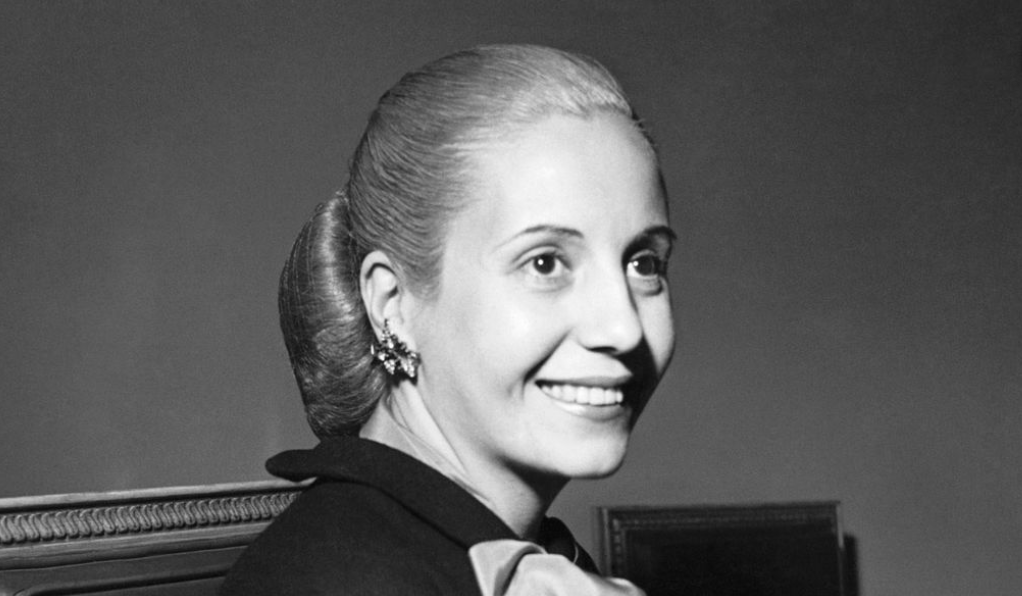Every morning, before starting her day at a labor union in Buenos Aires, Ángeles Celerier goes to the chapel to pray to Saint Cajetan, Saint Teresa, and Eva Perón, whom she considers the “saint of the people.” Despite not being canonized by the Vatican, Perón holds immense significance for Celerier and many others in Argentina. Perón, along with her husband Juan Domingo Perón, is credited with bringing prosperity and social justice to the country through Peronism, a movement still influential today.
Union members often regard Evita as their patron, attributing the recent political shifts in Argentina to the ongoing struggle between Peronism and opposition forces. Julio Piumato, a prominent union leader, emphasizes Evita’s role as a symbol of hope and social progress, advocating for her beatification as recognition of her contributions to dignifying the working class and advancing social justice.
Despite limited recognition outside Argentina, Evita remains a revered figure within the country. Her image adorns currency, government buildings, and public spaces, symbolizing resilience and dedication to the marginalized. Through her advocacy for the elderly, single mothers, and workers’ rights, Evita continues to inspire feminist movements and political organizations striving for social change.
Even in times of political polarization, Evita’s legacy transcends partisan divides, symbolizing compassion and solidarity for many Argentines. Stories of her personal interventions and support for the disadvantaged endure, reinforcing her image as a beacon of hope and empowerment.
While opinions on Evita’s legacy vary, her enduring impact on Argentine society is undeniable. Despite past attempts to erase her from history, she remains a revered figure, symbolizing resilience, compassion, and social justice for generations to come.






0 Comments